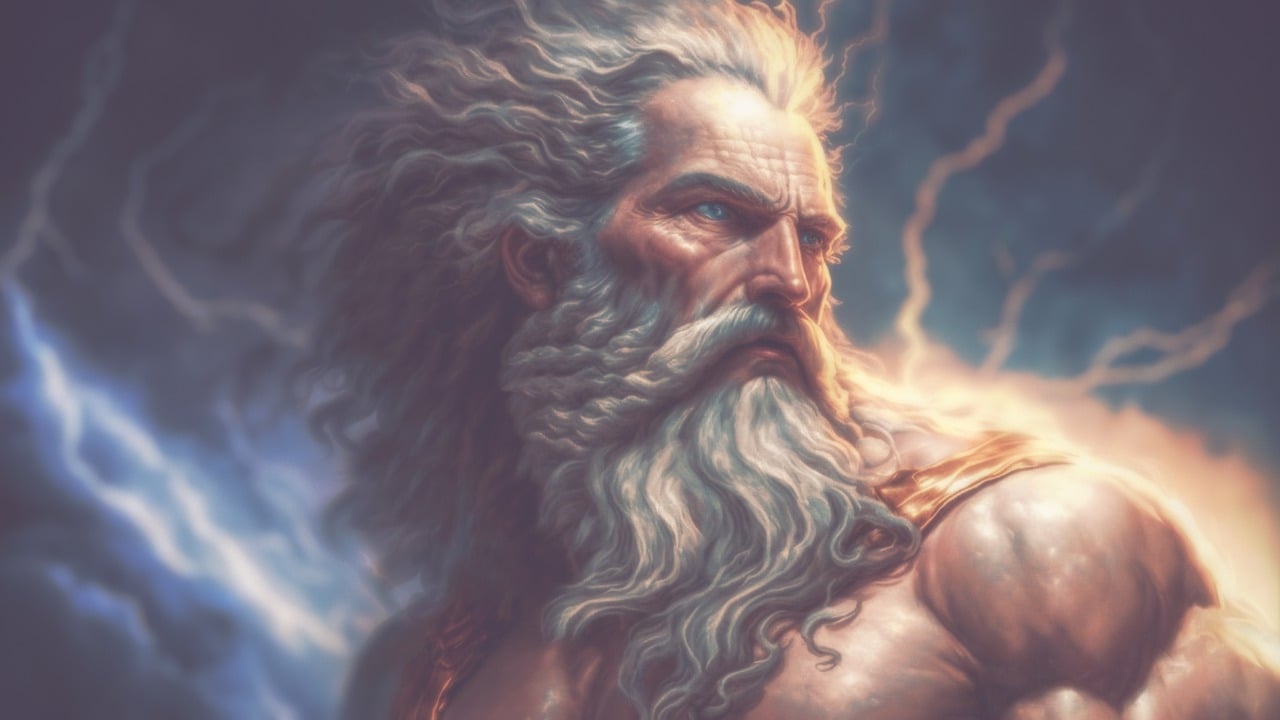Busting Some Greek Myths
What happens when myth-busting and Greek mythology collide? It’s time to set the record straight on some modern misconceptions about Greece, the Greek language and the myths themselves.
Greek Was Nearly the Official Language of the US
One of the most widespread myths that you’ll hear from Greeks abroad and those still at home is the story of how Greek was nearly the official language of the United States. Each telling of the tale includes some different details, but the most important factor is that Greek narrowly missed out on being the main language in the States.
Imagine that today we’d have over 300 million speakers of the language! The consequences would be wide-reaching. We could expect that most of the internet, not just sites like καζινο NetBet, would be in Greek. The saying ‘it’s all Greek to me’ would certainly no longer apply.
If you hear the story that Benjamin Franklin’s one vote stopped Greek from becoming a US official language, you can set the record straight: it’s false!
The National Dance Is Syrtaki or Zorba’s Dance
Imagine Greek music and the dance that goes with it; you’re likely hearing a very specific tune. Zorba’s dance or syrtaki is probably what plays in many people’s minds. Most people get their ideas about Greece from a summer holiday or the country’s best pop culture exports, including Zorba the Greek.
The famous film adaptationof Nikos Kazantzakis's book Zorba the Greek has brought this particular dance more fame than it has in Greece itself. The truth is that Greece doesn’t have one national dance. Since it took many years for the country to be unified, what you’ll find instead are many rich and interesting traditions for regions and islands across the country. The bottom line is don’t expect many Greeks you know to be able to dance syrtaki.
Zeus Had the Most Famous and Troublesome Offspring in Greek Mythology
Now we’re myth-busting the Greek myths. In fairness, there’s a lot to remember, and many key players are involved in the stories of gods and heroesin Greek mythology. It’s fair to say that Zeus is an important figure and, yes, it did have a lot of descendants. However, there’s another character whose offspring appear in many Greek myths.
You’re forgiven if you haven’t heard of Echidna, who was half woman, half serpent. Her offspring are pretty well-known, though. The Hydra, the Chimera and the infamous hound Cerberus are all monsters of mythology spawned by Echidna.
The Nemean lion and the Sphinx are hers too. She was also a bearer of dragons; with her husband Typhon, she produced the dragon that guarded the Golden Fleece and one that protected the Golden Apples of the Hesperides.
Final Thoughts
The facts have been sorted from fiction, and the record has been set straight. While myths emerge for a reason and can tell an important tale, it’s essential to get the facts straight! Greece, the language and Greek dancing deserve their fame but also to keep their authenticity. Let’s keep spreading the good Greeklish word, with the truth as its cornerstone!

